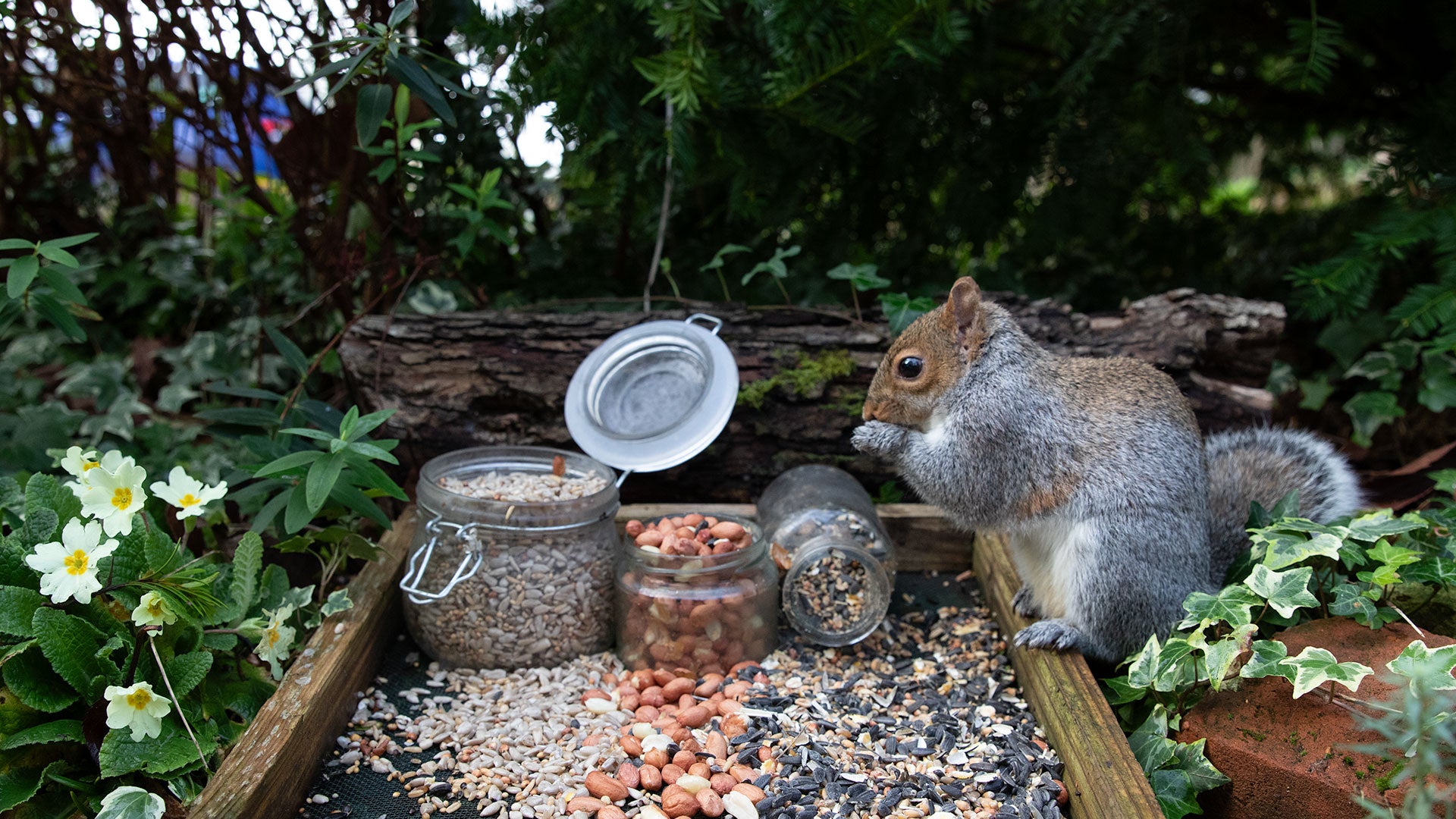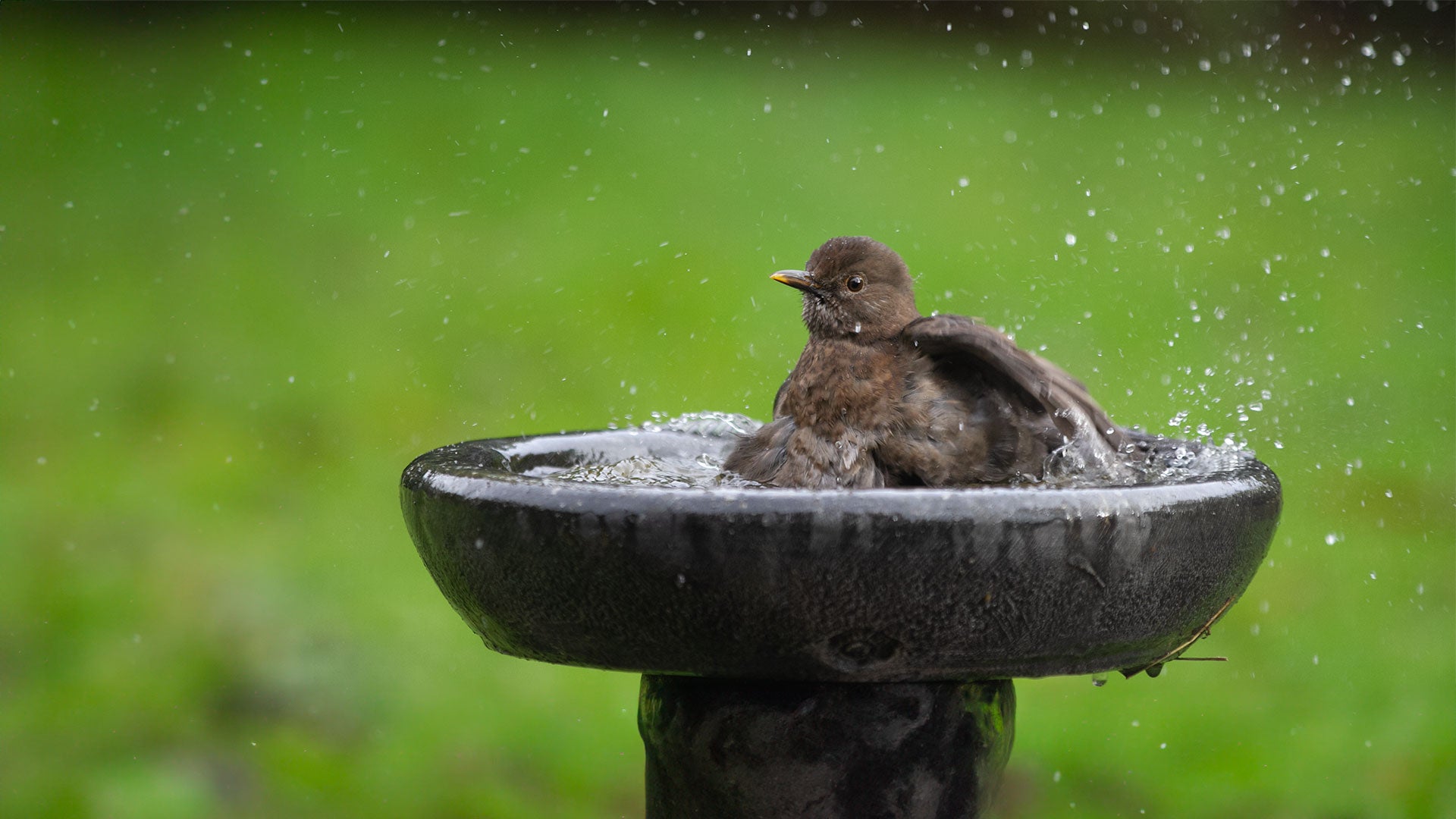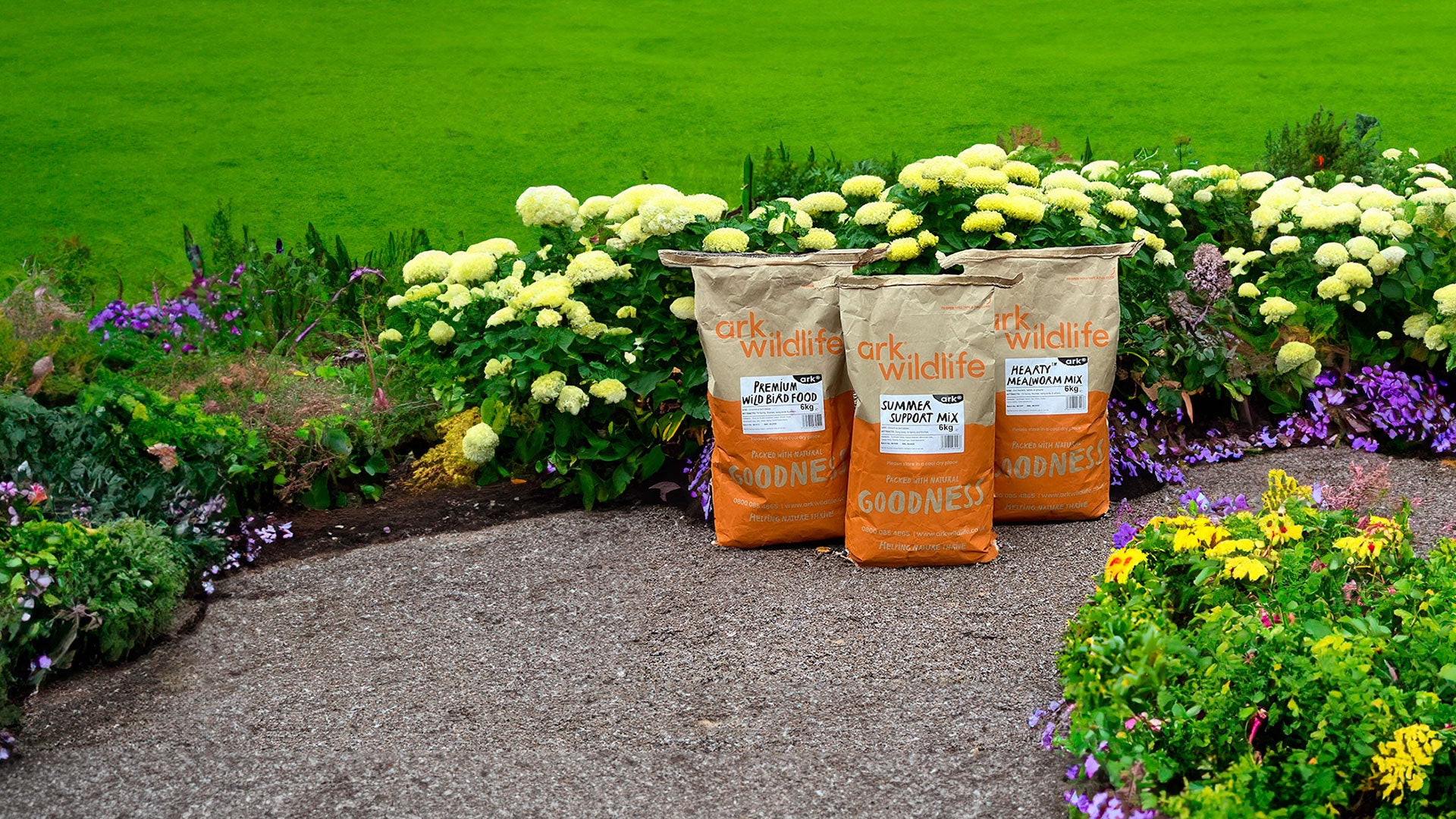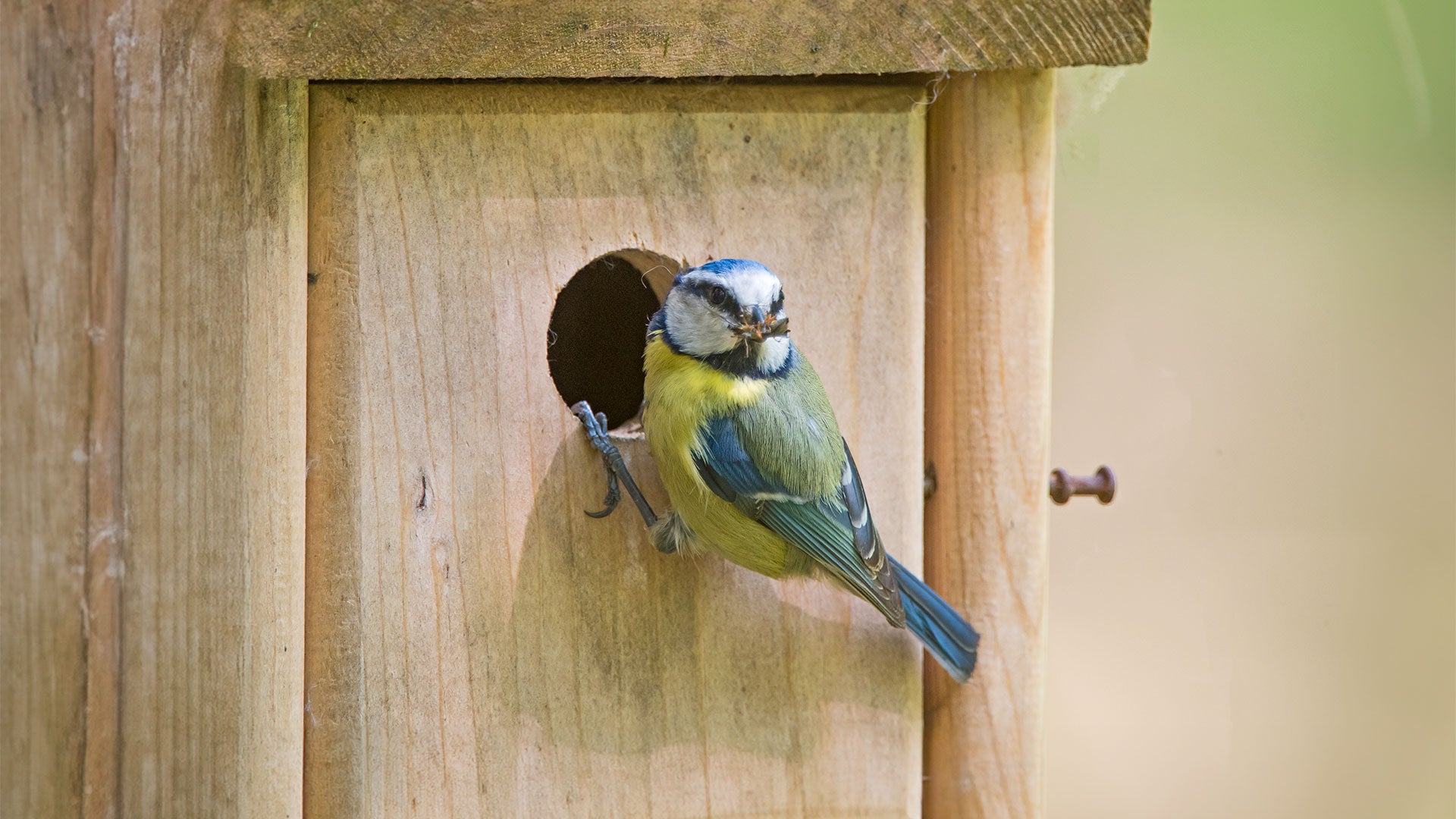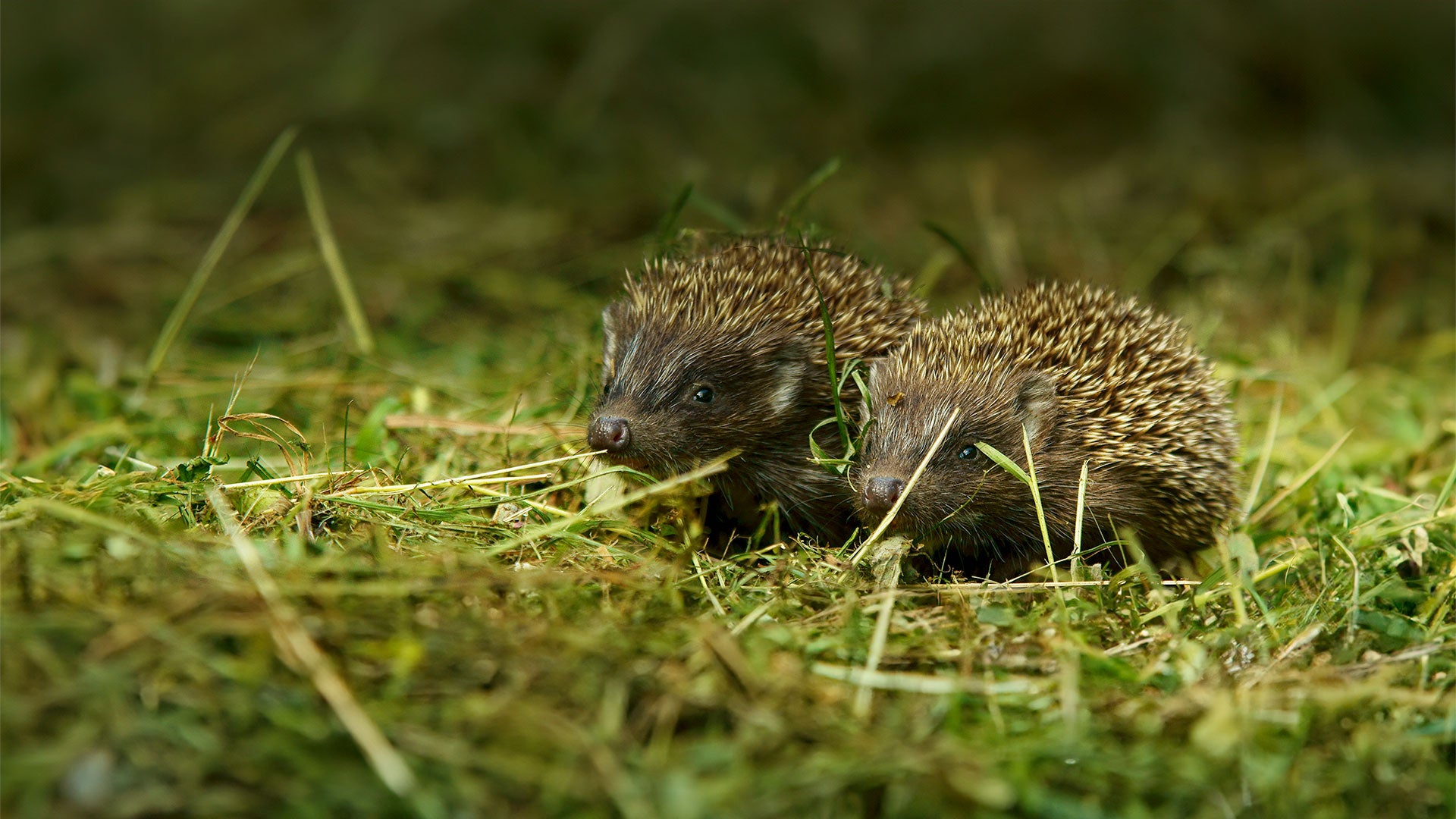Are raisins poisonous to dogs?
But why are they such a problem? The exact reason why grapes and raisins are poisonous to pets is not known, and the precise ingredient or compound within these fruits that causes toxicity has not been identified. The first study looking at the problem was first carried out in 2003/4 with 50 developing symptoms and seven dogs dying.
The other issue identifying why grape or raisin toxicity in dogs can be hit or miss, is the fact that there is no formula or dosage table that shows exactly what amount of grapes or raisins might be toxic to any given dog. Dogs of any age, breed, or gender may be affected. Some dogs become very sick after ingesting just a few grapes or raisins, while others have been known to consume significant quantities of fruits with no ill effects. If the pet is not caught eating raisins or grapes, it could be hours or even days before they get sick. As with any poisoning, symptoms can be somewhat vague.
Symptoms may include vomiting, diarrhoea, abdominal pain, dehydration, loss of appetite, yowling in pain or just the appearance of lethargy, being a little weak and “out of it.” One of the most serious complications of grape/raisin toxicity is acute kidney failure with lack of urine production (anuria). If kidney damage is in the mix, he may also be drinking a lot of water and going to the bathroom a lot. However, kidney failure is not seen in all dogs after ingestion of grapes or raisins, and again, the reason why some dogs are affected excessively while others are not is still being studied.

Are raisins bad for cats?
Just like dogs, even a tiny quantity of raisins or grapes can cause your cat to become seriously ill, resulting in kidney failure. Within 12 hours of ingestion, the cat can start to vomit. Other symptoms include dehydration, lethargy, anorexia and weakness. If you think your cat has eaten a raisin, then call your vet immediately, as potentially fatal renal failure may result within 24 hours.
A cat with an overbearing appetite can eat up any scrap that has been left out or dropped to the floor in the home or garden. Any type of raisin or grape is bad for cats, and this includes any foods or products that contain raisins, like raisin bread, cakes, biscuits or grape juice.
It is important to keep grapes, raisins and related products out of your dog’s or cat’s reach, never to feed them as a treat, and to remember that as well as the raw product itself, many cakes and biscuits that your dog might enjoy eating may contain raisins as well.
If you see your pet eating grapes or raisins, contact your vet immediately and ask them for their advice. The likelihood is that they will recommend that your pet goes in to see them or they may suggest that you try and make your pet throw-up immediately.
Here at Ark Wildlife we try and care for all of the animals in your garden, including your pets. Many of our feeds have been designed to be nutritionally beneficial to birds whilst also being pet safe. Ark Wildlife takes health seriously and we will always clearly mark if raisins are present in any of our foods.
Related Internet Links:


